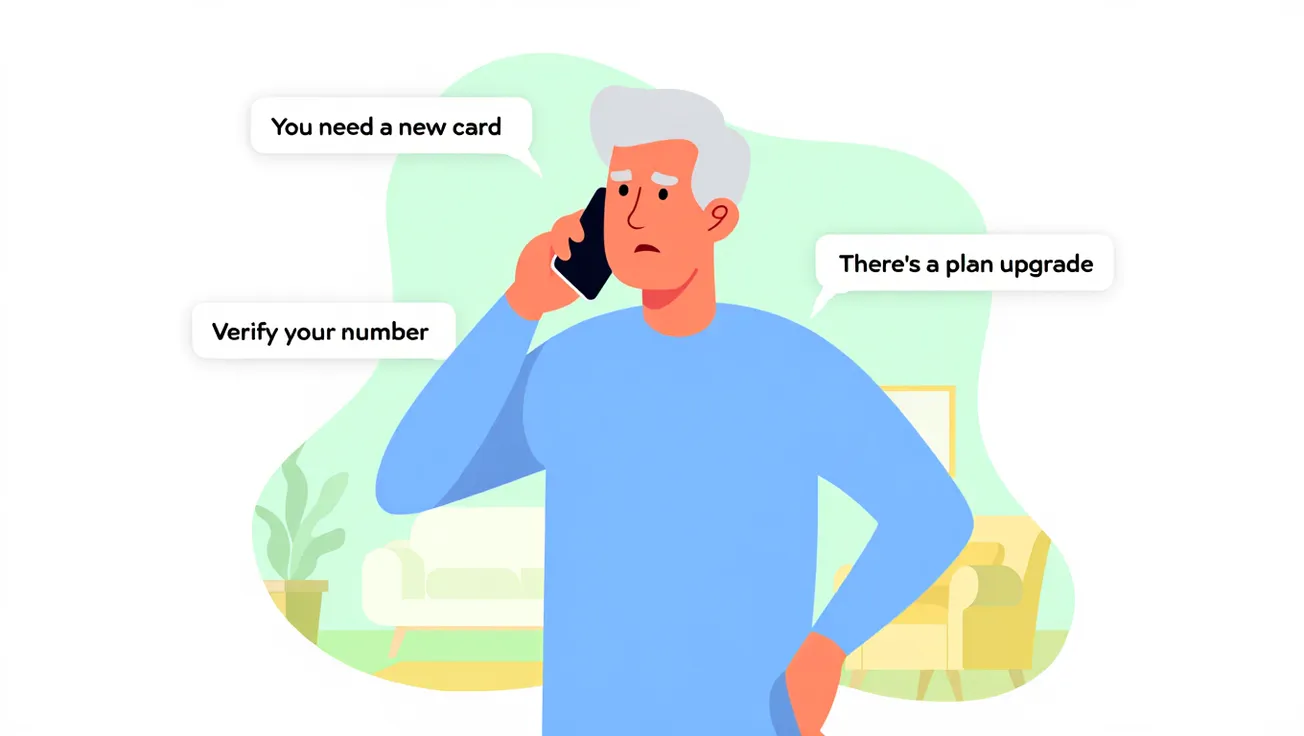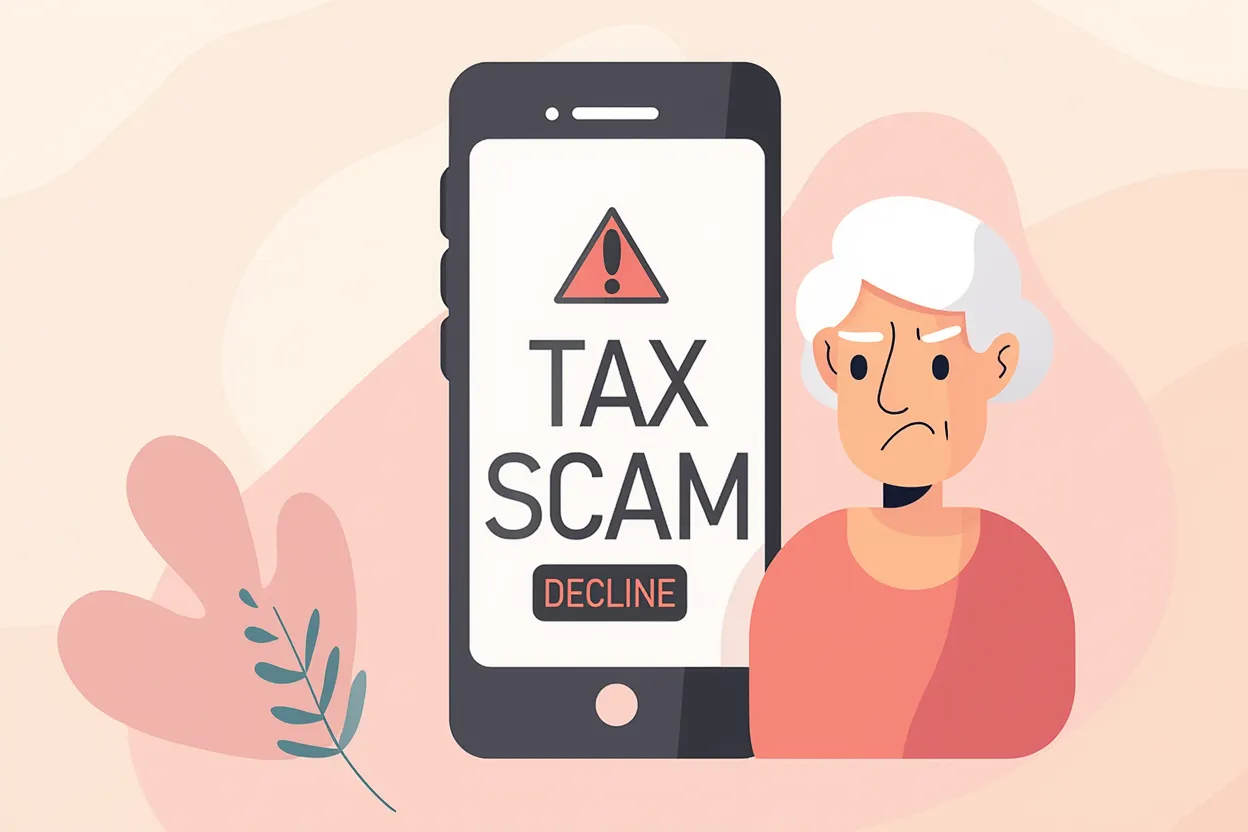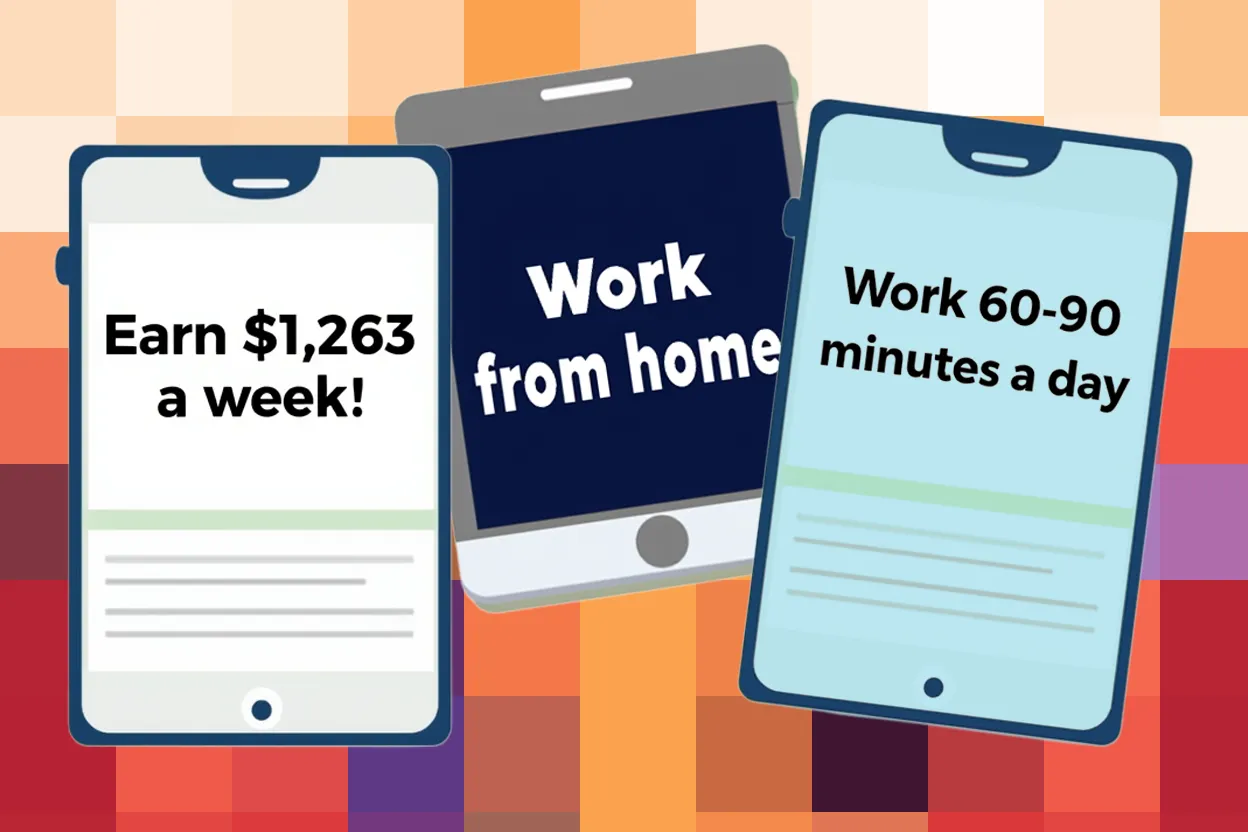If you don’t read anything else…
- Scammers are posing as Medicare agents and private insurers during open enrollment.
- They’ll call, text, or email to “confirm” your coverage, “upgrade” your plan, or “process” a refund.
- Don’t fall for it — Medicare will never call you out of the blue.
- Hang up, go to Medicare.gov, or call 1-800-MEDICARE to check.
- Report scams at ReportFraud.ftc.gov.
If your phone rings this fall and someone says they’re “with Medicare,” hang up.
That’s the message from the Federal Trade Commission (FTC), which says scammers are targeting older adults just as open enrollment begins.
These criminals are sophisticated. They spoof caller ID numbers, steal logos from official websites, and send texts or emails that look identical to those from Medicare or private insurers.
The goal? To trick you into handing over personal information — your Medicare number, Social Security number, or banking details — that can later be used for medical identity theft or fraudulent billing.
How the scam works
Scammers often use one of three tactics:
- The “new card” ploy — They claim Medicare is mailing new plastic or chip-enabled cards and need to “verify” your number first.
- The “plan upgrade” pitch — They say you qualify for a better or cheaper plan but must provide payment or identity details now to “lock it in.”
- The “refund” ruse — They insist you’re owed money from a recent change in coverage, then ask for bank or debit information to “process” the refund.
None of it is real. Medicare never calls out of the blue and never pressures you to act immediately.
Losses are adding up
The FBI’s 2024 Internet Crime Report shows seniors lost an average of $83,000 to scams last year — a 43% jump from the year before. Fraud tied to health insurance and government benefits is now among the fastest-growing categories.
What to do instead
The FTC recommends three simple steps if you suspect a Medicare scam:
- Stop and hang up. Don’t engage or press any phone prompts.
- Verify directly. Call 1-800-MEDICARE or check your account at Medicare.gov.
- Report it. File a complaint at ReportFraud.ftc.gov.
If you receive mail or an email that looks legitimate, look for red flags: spelling errors, urgent language, or return addresses that don’t match official government domains.
Why awareness matters
Many seniors pride themselves on being cautious — but today’s scams are designed to bypass logic and trigger emotion. The FTC says simply slowing down can prevent most losses. Taking a breath before responding to an unsolicited call or message often makes the difference between staying safe and being scammed.
Disclaimer: This article is for informational purposes only and should not be considered financial or legal advice. Always verify communications directly with Medicare or official government agencies before sharing personal information.










